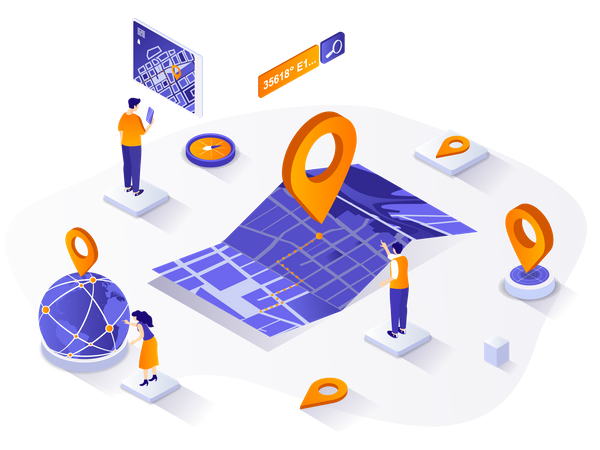Unblock any blocked websites. Browse any website fast & change your IP address.

Just type the website address in the box and access any site you want.
Access Blocked Content: Free web proxy allow you to access websites and content that may be blocked in your region or by your network administrator. Wproxy.net act as intermediaries, fetching web content on your behalf.
Anonymity: Web proxy hide your IP address, enhance online privacy and anonymity.
Faster Load Times: Free web proxy can improve website loading times by caching frequently accessed content, reducing the need to fetch data from the original source repeatedly and thereby boosting your browsing speed.
Content Filtering: Free web proxy can help you bypass filters and access the content you want. Web proxy block malicious or unwanted content, enhancing security.
Geolocation Bypass: Web proxy enable access to region-restricted content or services by masking your location.

Accessing blocked content through a free web proxy is a common solution for bypassing content restrictions and ensuring online privacy. Free web proxy serve as intermediaries between users and restricted websites, effectively circumventing censorship or regional limitations. By concealing the user's IP address, they grant access to content that might otherwise be unavailable, expanding the reach of information and entertainment.

When users access the internet through a free web proxy, their IP address is masked, making it challenging for websites to identify and track their online activities. This added layer of anonymity is particularly important in an age where data privacy is a growing concern. It enables individuals to browse the web with a reduced risk of being tracked, enhancing their online privacy.

Faster load times are a critical factor in optimizing the user experience when using a web proxy. Speed is paramount in today's digital landscape, and faster-loading web pages can significantly improve user satisfaction and retention. Web proxies achieve this by utilizing various techniques, such as server caching, data compression, and optimized routing. These strategies reduce the time it takes to retrieve and display web content, ensuring that users can access websites swiftly and efficiently. Whether it's for accessing blocked content or preserving online privacy, a web proxy that prioritizes faster load times enhances the overall browsing experience, making it more seamless and enjoyable for users.

Content filtering is a crucial aspect of online security and access management. Through content filtering, organizations and individuals can control and regulate the types of content accessible on their networks or devices. This process involves defining specific rules or criteria to either permit or block certain web content categories, such as explicit material or malicious websites. Implementing content filtering solutions not only enhances security by preventing exposure to harmful content but also boosts productivity in a workplace setting by reducing distractions. By leveraging content filtering tools and techniques, users can create a safer and more focused online environment tailored to their needs.

Geolocation bypass is a valuable feature provided by web proxies, enabling users to circumvent restrictions based on their physical location. Geolocation restrictions are commonly used to limit access to region-specific content or services. Web proxy mask the user's IP address and route their connection through servers in different geographic locations, effectively tricking websites into believing the user is in a different region. This allows users to access region-restricted content, services, or websites, expanding their online possibilities. Whether it's accessing international streaming libraries or unblocking websites in censored regions, web proxies with geolocation bypass capabilities provide users with greater flexibility and access to a global online landscape.
Frequently Asked Questions
Web proxy is an intermediary server that acts as a gateway between a user's device and the internet. It forwards user requests to web servers on their behalf, effectively masking the user's IP address.
When a user sends a request to a web proxy, the proxy fetches the content from the target server and then sends it back to the user, providing a degree of anonymity and allowing access to blocked content.
Web proxy offer several advantages, such as enhanced privacy, access to blocked content, and the ability to bypass content filters or geo-restrictions.
Web proxy are commonly used to maintain anonymity, improve online security, and access websites or services that may be restricted in a particular region.
Wproxy.net offer features like caching to improve speed by storing frequently accessed content and reducing the need to fetch it from the original server repeatedly.
Web proxy servers and VPNs both serve as intermediaries between users and websites, but their operation differs. Web proxies receive a user's request, fetch the targeted website's response, and send it back to the user. In contrast, VPNs operate at a system level, routing all types of traffic, including web browsing, music streaming, file sharing, and gaming, through a secure tunnel. This distinction in operation affects their capabilities and usage.
Web proxy are often used for specific tasks like bypassing content restrictions or accessing blocked websites.